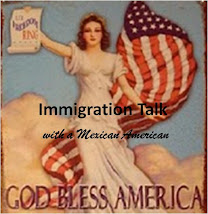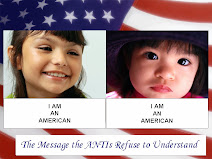Cinco de Mayo is more of an American Holiday than a Mexican holiday. The celebration is in honor of Mexican troops defeating the French troops as they invaded the Mexican town of Puebla en route to Mexico City, en route to help the South defeat the North during the Civil War.
On the morning of May 5, 1862, the uniformed French troops charged the walls of Puebla, expecting no resistance. To their surprise, the inexperienced, but valiant troops of the Mexican army put up a fierce resistance, and to the world’s surprise, overthrew the French troops. Mexican morale quickly rose and stunned, the French troops who re-grouped, then charged again. And again, Puebla’s gutsy defenders threw back the French invaders. A third French charge failed and the discouraged Imperial troops slunk back behind their lines. Finally, realizing that the French could be defeated, the Mexicans left the security of the walls of Puebla the next day and formed a battle line on the open field, eager to take on the French, positive they could beat the forces of the empire in a formal, frontal battle. However, the French, their morale destroyed, had broken camp during the night and fled back to their stronghold on the coast by Vera Cruz. The news traveled quickly from Mexico City to San Francisco, arriving three weeks later. On May 27, 1862, the Spanish-language newspaper, “La Voz de Mejico” proudly proclaimed the news to Mexicans in California (Californios): “Retirada de los Franceses. Viva Mejico! Viva la Independencia! Vivan los valientes soldados Mejicanos! (The French retreat. Hooray for Mexico! Hooray for independence! Hooray for the valiant Mexican soldiers)
Thus began the "Californio" Celebrations of "Cinco de Mayo" with the rallying cry of "Freedom and Equality for All!" It was through these years, the 1860's, that the Californio's strongly denounced Slavery. California was part of the Republic of Mexico. Slavery was abolished in Mexico - decades before it was dismantled in the United States. The Californios who helped write the California constitution in 1849 demanded that slavery be kept out of the state, and California’s subsequent entry as a “free state” tipped the balance between free and slave territory, and thwarted the original “Southern strategy” to extend slave territory all across the US to the Pacific coast.
Though Cinco de Mayo celebration began in California, over the years, celebrations extended to the Tejanos and to the rest of the Southwest, Northwest and other states. Celebrations increased in the 1960's with the Chicano Civil Rights Movement and the causes supported by Cesar Chavez and Dolores Huerta.
Happy Cinco de Mayo - "Freedom and Equality for All!"
Subscribe to:
Post Comments (Atom)









No comments:
Post a Comment